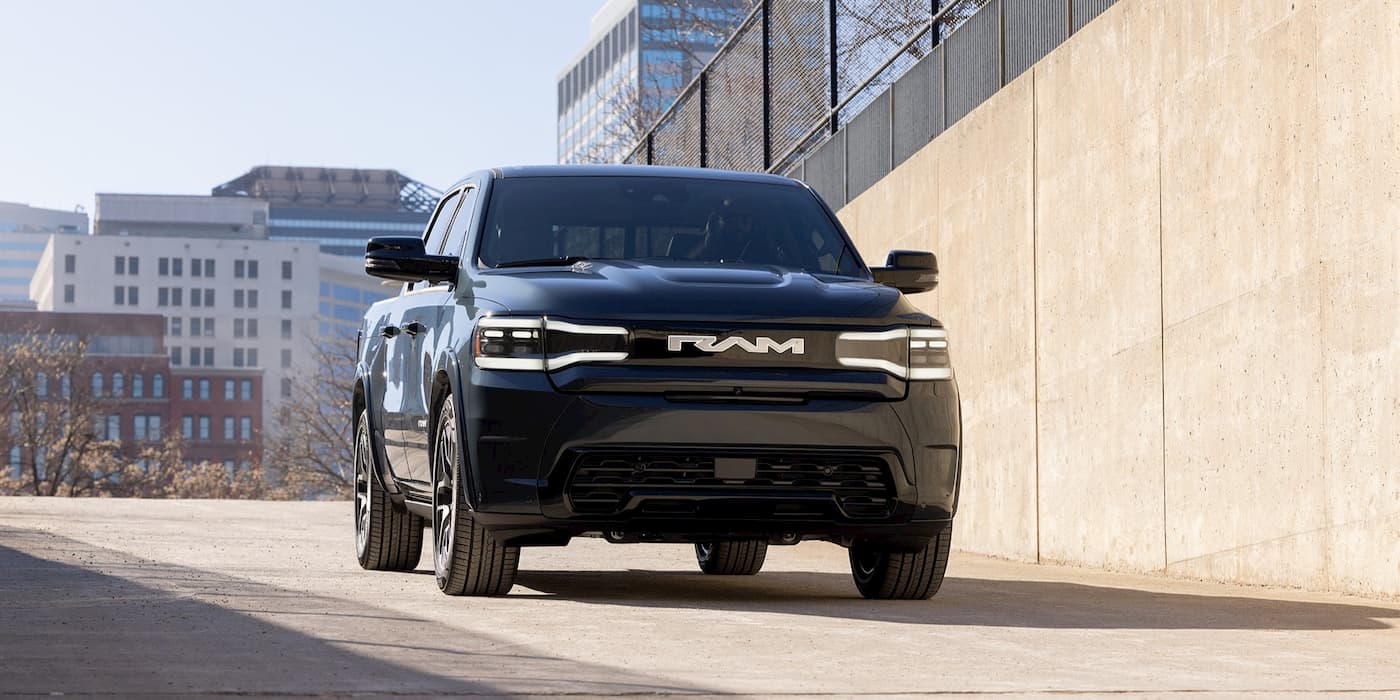In a stunning reversal that sends shockwaves through the automotive industry, Stellantis has officially canceled the highly anticipated all-electric Ram pickup truck for the North American market. This decision marks a significant strategic pivot, halting what was promised to be a formidable competitor in the burgeoning electric truck segment.
Key Highlights
- Market Impact: The Ram 1500 REV's cancellation for the US market creates a significant vacuum in the electric full-size truck segment, directly benefiting rivals like Ford, Chevrolet, and Rivian.
- Strategic Pivot: Stellantis is reallocating resources, potentially towards more hybrid offerings or a next-generation EV platform, in response to shifting market demand and profitability concerns.
- Broader Context: This move reflects growing industry-wide caution regarding the pace of EV adoption, particularly in the truck segment where consumers are highly sensitive to capability, price, and charging infrastructure.
- Unfulfilled Promises: The canceled truck was boldly marketed to surpass rivals in range, power, and capability, leaving a notable gap between automaker ambitions and market reality.
A Sudden Halt to a Highly Anticipated Launch
The Ram 1500 REV was unveiled with great fanfare, positioned as Stellantis's answer to the Ford F-150 Lightning, Chevrolet Silverado EV, and Rivian R1T. Promotional material boldly claimed it would offer superior specifications, including a targeted range of over 500 miles on a single charge—a figure that would have set a new benchmark for the industry. The cancellation, therefore, is not merely a model discontinuation but the abandonment of a flagship project intended to define Ram's electric future.
Analyzing the Strategic Rationale Behind the Decision
Several factors likely contributed to this dramatic decision. Firstly, the electric truck market has proven more challenging and competitive than initially projected. While early adopters rushed to models like the F-150 Lightning, broader consumer adoption has been slower, hampered by concerns over charging infrastructure, higher upfront costs, and for truck buyers specifically, anxieties about payload and towing capabilities draining battery range.
Secondly, immense investment is required to develop a ground-up EV platform. Facing economic headwinds and a potential oversaturation of the EV truck market, Stellantis leadership appears to have decided that the financial risk outweighed the potential reward at this juncture. This allows the corporation to conserve capital and potentially focus on a more advanced or cost-effective platform for a later date.
The Competitive Landscape Reshaped
Ram's exit from the near-term EV truck race fundamentally alters the competitive dynamics. The following table illustrates how the cancellation leaves the field open for its established rivals.
| Model | Status | Estimated Max Range | Primary Beneficiary of Ram's Exit |
|---|---|---|---|
| Ford F-150 Lightning | Available | 320 miles | Yes |
| Chevrolet Silverado EV | Available | 450 miles | Yes |
| Rivian R1T | Available | 410 miles | Yes (Niche Market) |
| Tesla Cybertruck | Early Production | 470 miles | Yes |
| Ram 1500 REV | Canceled (US) | N/A | N/A |
What This Means for Consumers and the Industry
For consumers, this means one less choice in a still-nascent market. Truck buyers loyal to the Ram brand who were waiting for an electric option must now look to competitors or reconsider internal combustion or hybrid models from Ram itself. For the industry, this is a clear signal that the transition to electrification will be bumpy and unpredictable. It underscores that even the largest automakers are not immune to market pressures and are willing to make difficult, large-scale corrections to their long-term strategies. This decision may encourage other manufacturers to proceed with increased caution, potentially slowing the overall rollout of new EV models as the industry seeks a more sustainable and profitable path forward.
Ultimately, the cancellation of the Ram 1500 REV is more than a product announcement; it is a cautionary tale of ambition meeting market reality. It highlights the immense challenges of electrifying vehicle segments with the most demanding consumers and reinforces that the road to an all-electric future will be paved with strategic retreats as well as advances. All eyes will now be on Stellantis to see what its revised plan for electrifying one of its most important nameplates will entail.


